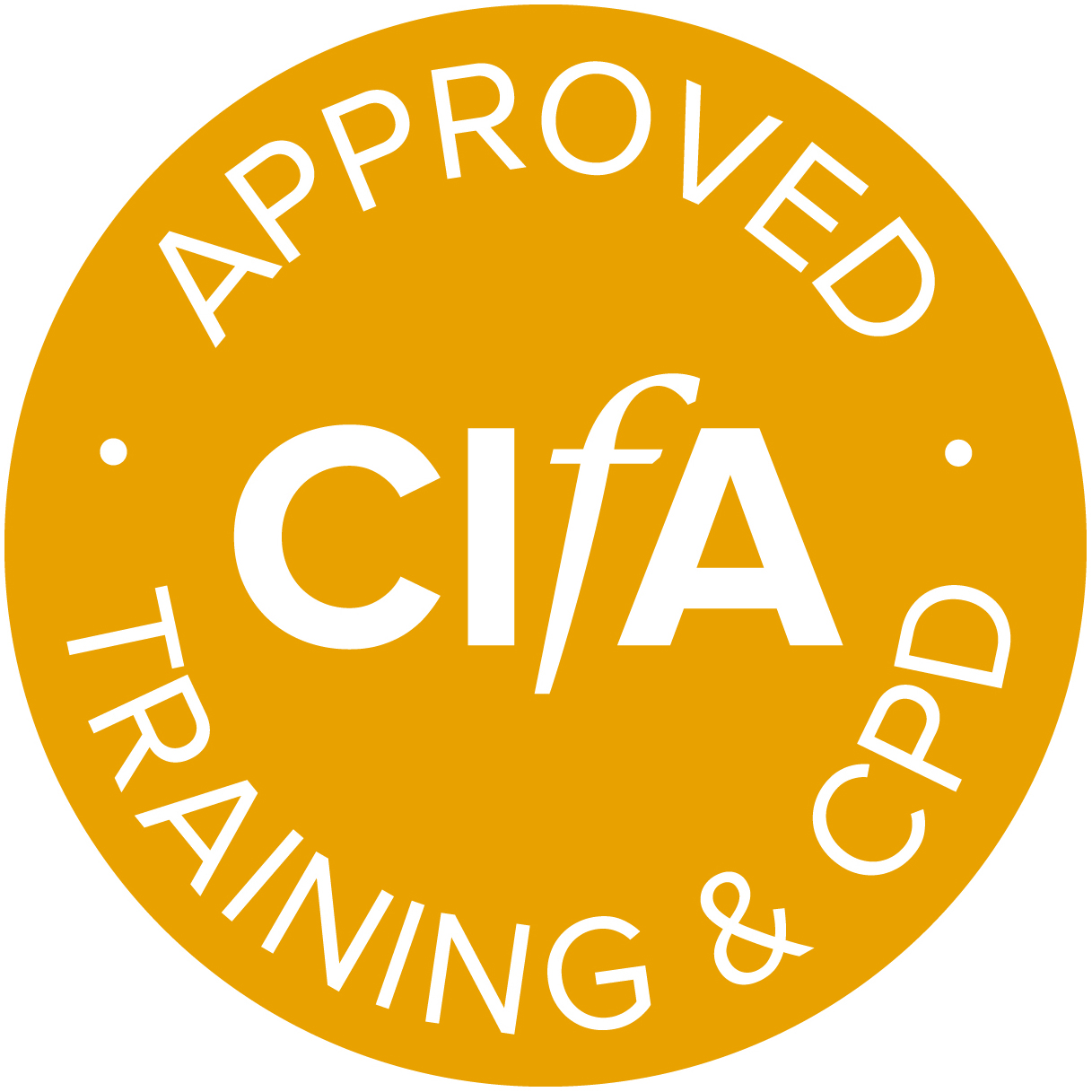Thought Leadership event: Climate adaptation planning for heritage assets – Changing the way we think

The Challenge
Drawing on the discussions at the plenary session of the 2025 CIfA Conference climate change can be characterised as a” super wicked problem” reflecting its scale, interconnectedness, and the difficulty of finding solutions that are timely, equitable, and effective. However, climate change can also create opportunities for heritage- to reinterpret assets, recognise changing values/significance, engage with new audiences and build relationships across sectors and we shouldn’t lose sight of this. Across the UK, a wide range of projects, research initiatives, and policy developments are underway to better understand how climate change affects heritage assets and how we can adapt heritage assets to respond to this challenge. However, much of this work is happening in parallel, and there is recognition that the sector must come together to collaborate more effectively, share knowledge, and deliver tangible results.
This thought leadership session will explore how the heritage sector can build a more coordinated and strategic response to climate change. The focus of the session will be on adaptation to climate change within management of the historic assets/environment and the tools and approaches to this, rather than the adaptation of our working practices in survey, fieldwork etc. It will examine the complex interrelationships not only within the sector itself, but also with other domains such as the natural environment, infrastructure, and social equity. Heritage assets often sit within broader systems—such as flood defence or transport infrastructure—but are not always adequately considered in planning and adaptation strategies.
One of the key themes of the session will be the need to elevate adaptation within policy and practice. Adaptation can often feel like it comes second to mitigation / carbon reduction efforts in policy terms – but now that we know some climate impacts are locked in, we need to start carrying out adaptation at a faster pace. For the heritage sector, this may mean taking by the bull by the horns, having the challenging conversations about climate-driven loss and change, as well as promoting the positive messages about how we can use the archaeological record to understand about past adaptation, how we can learn more about sustainable land management by considering the time-depth of human intervention in our landscapes, and promoting the inherent resilience of many types of heritage assets.
This session will ask: how do we ensure heritage is accounted for across scales, from national agencies to individual property owners and community groups? How do we develop and test adaptation approaches that are appropriate for different types of heritage, whilst being conscious of the cost? Can we develop best practice (case studies and guidance)? What is needed to upskill practitioners – both heritage professionals with climate expertise and vice-versa? Is the existing policy framework effective?
It is intended this will allow the sector to build the evidence base, providing information/guidance to owners, managers and decision makers, strengthen our messaging about the benefits heritage can bring within wider societal adaptation and make a compelling case to local and national government to include heritage in policy and adaptation schemes from the outset.
Ultimately, this session aims to raise awareness, provoke thought, and catalyse action. Through a series of key papers, facilitated discussions and interactive whiteboard, participants will be invited to reflect on what the sector is doing well, where are the barriers or gaps and what is required to collectively address the remaining challenges and shape future work in this area.
Participants will leave the session with an awareness of a range of ongoing projects and initiatives across the sector to allow them to seek out further information and approaches to support their own practice. We also seek to broaden the engagement of the sector with the topic, facilitating a route to engagement with the forthcoming Joint UK and Ireland Climate Change and Heritage Research Agenda, adaptive pathways and long-term contingency planning research and with the CIfA Climate Change Working Group.

Learning Outcomes
The session will support the following National Occupational Standards with regard to increasing participants Knowledge and Understanding:
- CCSAPAA1 – develop policies and guidance for archaeology
- CCSAPAA4 Establish plans and monitor policy implementation
- CCSAPAB2 Develop and agree objectives for research projects
- CCSAPAC1 Research and analyse information to achieve objectives
- CCSAPAD1 Characterise the archaeological resource and recommend action
It is not anticipated the session will specifically address performance criteria for these NOS.
Workshop agenda
| Time | Title | Speaker |
|---|---|---|
| 14:00 | Introduction and scene setting | Rob Lennox, CIfA, Kate Guest, Historic England |
| 14:10 | Long term Contingency Planning | Andy Brown, Historic England |
| 14:35 | Heritage adaptation and co-benefits in a marine and terrestrial context | Kirsten Holland, JBA Consulting |
| 15:00 | Questions and trail for second session | Kate Guest. Historic England |
| 15:10 | Comfort break | |
| 15:20 | Climate Vulnerability Index | Mairi Davies, Historic Environment Scotland |
| 15:45 | Questions on CVI | |
| 15:50 | Joint Heritage and Climate Change Research Agenda | Soki Rhee Duverne, Historic England |
| 16:10 | Discussion – Where do we go from here? | Chair – Kirsten Holland / Kate Guest Panel – speakers and CIfA CCWG representative |
| 16:30 | Finish |
If you are unable to afford the fees for this event, please email conference@archaeologists.net to request a bursary.
In line with CIfA’s policy on the use of AI technology transcription or sound recording of CIfA meetings, event registrants are not permitted to use AI technology, transcription or sound recording when attending CIfA training or networking events.
| CIfA member | £10.00 |
| Non-member | £20.00 |
